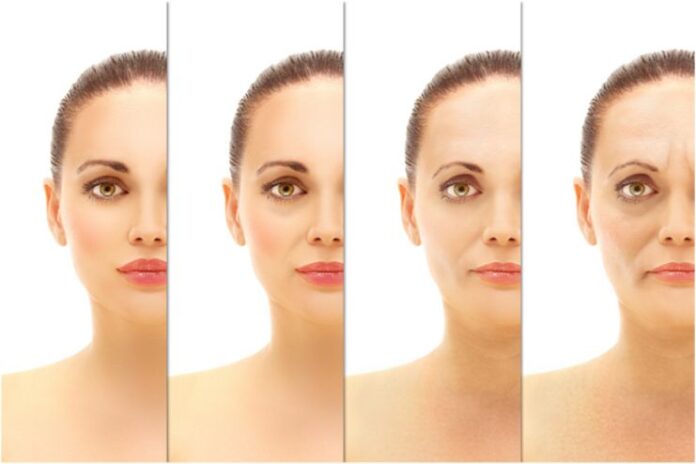Affiliate Disclaimer
Some links in this article are affiliate links. We may earn a small commission if you make a purchase through these links, at no extra cost to you. We only recommend products we find useful to our readersHave you ever met someone who looks far younger—or older—than their actual age? That’s the difference between chronological age, which counts the years since birth, and biological age, which reflects how well your body is holding up over time.
As health and wellness trends evolve, the spotlight is increasingly on biological age as a more accurate predictor of overall health and longevity. Unlike chronological age, which is not under our control, biological age can be influenced by lifestyle choices, making it a critical metric for those seeking to live longer, healthier lives.
Let’s understand the differences between biological and chronological age and some tips for reducing your biological age to improve your well-being.
Read More: Age-Specific Training Tips to Build Muscles
What Is the Chronological Age?
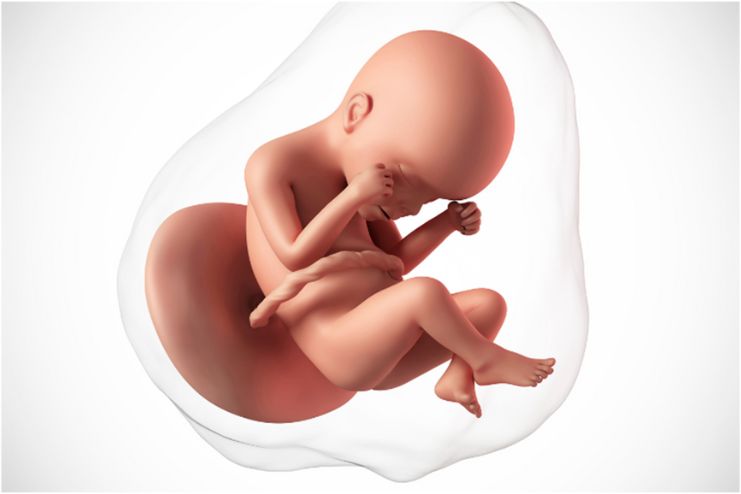
Calculated from your date of birth, chronological age is the most straightforward method of determining how long you have been alive. It’s a simple figure that establishes your legal age and eligibility for significant life events like voting, driving, and retirement. It also acts as a common benchmark for tracking time.
Chronological age does have limitations, though. Although it shows the passing of time, it ignores a person’s general energy, fitness, and health. Because of things like genetics, lifestyle choices, and environmental exposures, people of the same chronological age can have wildly disparate levels of physical and mental well-being.
This gap between the number on the calendar and actual health status has led to the growing focus on biological age. This measure better reflects an individual’s true health and aging process. Understanding this distinction is key to optimizing health and longevity.
What Is the Biological Age?
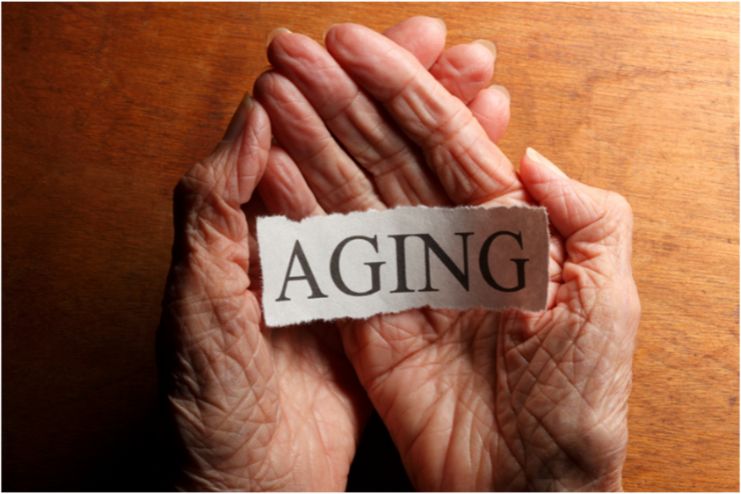
Biological age refers to the condition of the body based on how well it works compared to age expectations classified by tabular values of days after birth. While chronological age is fixed and based on birthdate, biomarker indicators such as cellular health, organ function, and metabolic performance allow biological age to evaluate the condition of the body and mind.
Influenced by factors such as genetics, lifestyle, stress levels, and environmental exposures, biological age can vary. For example, a 40-year-old who eats healthily exercises regularly and manages stress may have a biological age closer to 30, while unhealthy habits could increase another’s biological age to 50.
Here are the factors that influence biological age, making it a dynamic metric:
- Genetics: Your genetic makeup plays a significant role in determining how quickly or slowly you age. Certain genes can predispose individuals to longer lifespans or increased resilience to diseases.
- Lifestyle Choices: Habits like maintaining a balanced diet, regular exercise, and consistent sleep patterns are crucial in slowing down biological aging and boosting overall health.
- Stress Levels and Mental Health: Chronic stress, anxiety, and depression can accelerate biological aging by affecting hormone levels and immune function. Managing stress through mindfulness and therapy can help counteract these effects.
- Environmental Factors: Exposure to pollution, toxins, and unhealthy living conditions can contribute to premature aging by damaging cells and tissues over time.
How to measure biological age involves advanced techniques like DNA methylation tests, biomarker analyses, and comprehensive health assessments which provide personalized insights into the aging process.
Biological Age vs Chronological Age

Understanding the difference between chronological and biological age empowers individuals to focus on making healthier choices to improve biological age, ultimately leading to a better quality of life.
- Chronological age is constant and applies equally to everyone, while biological age is dynamic and varies based on individual health and lifestyle.
- Biological age is a more accurate indicator of health, longevity, and susceptibility to diseases, making it a valuable measure for personalized health interventions.
How to Measure Biological Age
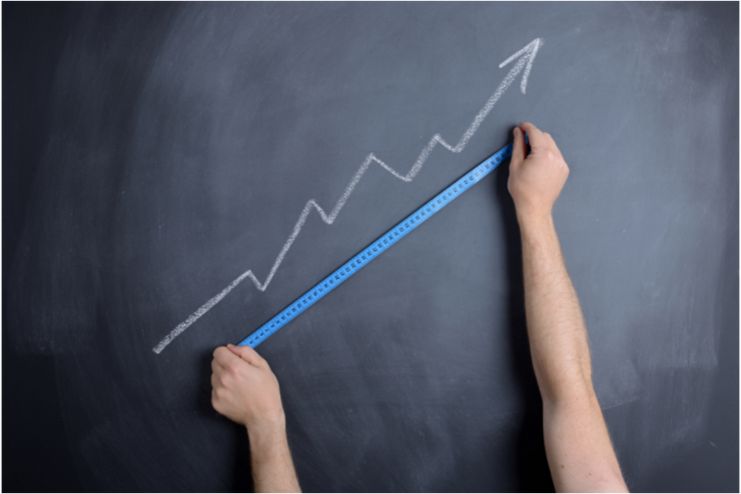
In 1988, scientists George T. Baker and Richard L. Sprott outlined the key characteristics of aging biomarkers. Measuring biological age provides valuable insights into your body’s actual health and aging process.
Some of the methods that are commonly used to assess biological age are:
Biomarker Testing
- DNA methylation tests and other advanced biomarker analyses are regarded as the gold standard for determining biological age. These tests examine molecular changes in epigenetics that correspond to aging.
- Other biomarkers, including blood sugar levels, cholesterol, and inflammation markers, help assess health risks and organ function and offer additional insights into biological age.
Wearable Devices
- Heart rate, activity level, and sleep patterns are among the most important health parameters tracked by modern wearable devices, such as fitness trackers and smartwatches. These data points can provide a broad understanding of health trends that impact biological age.
Medical Tests
- Specific medical tests, such as telomere length measurement, evaluate the protective caps on chromosomes, which shorten with age and stress.
- VO2 max, a measure of aerobic fitness, indicates cardiovascular health and is another reliable metric for estimating biological age.
You also can use online calculators to estimate your biological age.
Why Biological Age Matters More

By focusing on biological age, you can take control of your health, reduce the risk of chronic diseases, and enhance your quality of life as you age. Biological age is a better health indicator than chronological age because it reflects how your body is truly functioning. Here’s why it matters:
Predicts Risk for Chronic Diseases
Your risk for conditions like diabetes, heart disease, and even some types of cancer can be determined by your biological age. For instance, it may be a sign of underlying health problems that require care if your biological age is more than your chronological age.
Indicates Overall Longevity and Quality of Life
Your biological age can help you estimate how long you’ll live and how healthy those years will be. If your biological age is lower than your actual age, your body is aging more slowly, which raises your chances of living a longer, healthier life.
Motivation for Adopting Healthier Habits
Understanding your biological age can motivate you to adopt healthier living choices. If your biological age is higher than anticipated, it should be a reminder to change your stress management, food, exercise, and sleep patterns. These changes can help slow the aging process and improve overall well-being.
Tips to Lower Your Biological Age

If you want to slow down the aging process and improve your overall health, several effective strategies exist to lower your biological age. Here are key tips to lower biological age:
Nutrition
- Focus on anti-inflammatory foods like leafy greens, berries, and fatty fish, which help protect your cells from oxidative damage.
- Reduce sugar intake and avoid processed foods, which can contribute to inflammation and faster cellular aging.
Exercise
- Include strength training exercises, such as weight lifting, in your daily routine to help maintain muscle mass and improve metabolic health.
- Add cardio exercises, like walking, running, or cycling, to boost heart health and enhance longevity.
Sleep
- Aim for 7–9 hours of quality sleep each night to allow your body to restore itself and regenerate cells.
- Limit screen time, avoid caffeine, and keep your sleep environment cool and dark to create a bedtime routine.
Stress Management
- Reduce stress hormones and enhance emotional health by engaging in mindfulness and meditation.
- Include deep breathing techniques in your everyday practice to encourage relaxation and lessen the damaging effects of stress on your health.
Avoid Toxins
- Limit alcohol consumption, as excessive drinking can accelerate the aging process and increase the risk of chronic diseases.
- Avoid smoking and reduce exposure to environmental pollutants by spending more time in clean, well-ventilated areas.
Read More: Common Household Toxins That Are Harming Your Health
The Role of Technology in Tracking Biological Age
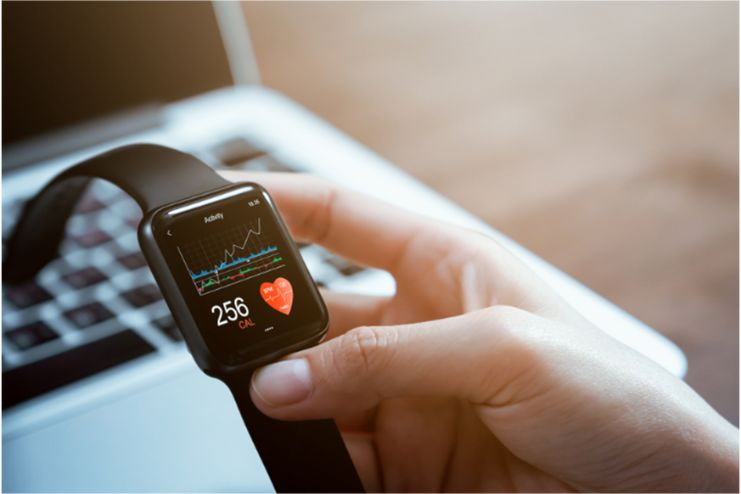
Technology is revolutionizing how we track and manage biological age, offering tools that provide valuable insights into health metrics and aging processes. Here’s how different technologies help with biological age testing:
Wearables
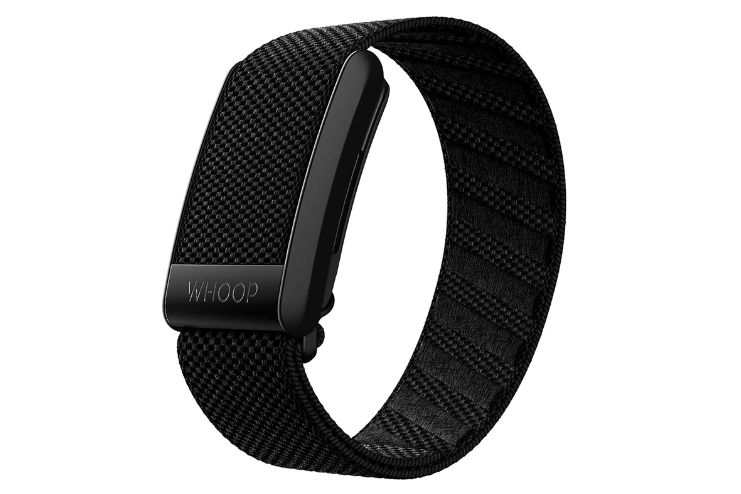
Biological age is influenced by several elements, including heart rate variability, sleep quality, and recuperation. This fitness tracker provides information on your body’s preparedness and general health.
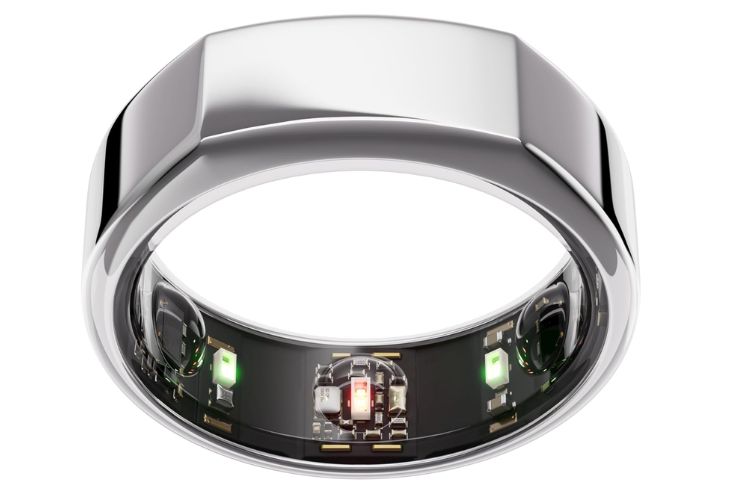
This ring tracks sleep, activity levels, and body temperature, offering personalized health data to help you optimize recovery and well-being and contribute to slower aging.
Health Apps
- InsideTracker: An app that offers personalized insights by analyzing blood biomarkers and genetic data, helping you manage lifestyle changes to reduce biological age and improve longevity.
- MyFitnessPal: This app tracks nutrition, exercise, and caloric intake to help optimize diet and fitness, which can play a major role in managing biological age.
Epigenetic Testing
- DNAmFitAge: A service that analyzes your DNA to provide insights into how genetic factors influence aging and health, offering personalized advice for slowing down biological age.
- Elysium Health: Offers testing kits that measure DNA methylation, a key biological marker associated with aging, providing a clearer picture of your biological age.
Blood Tests and Lab Kits
- Everlywell: Provides at-home testing kits for biomarkers such as cholesterol and glucose, linked to biological age, allowing users to monitor their health remotely.
Conclusion
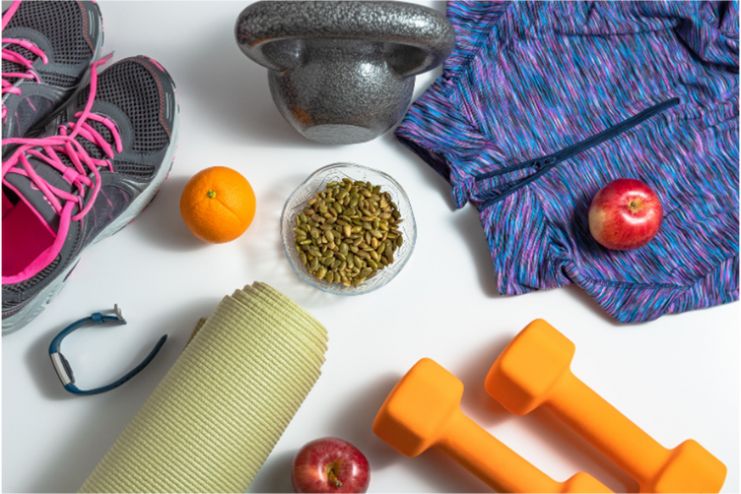
Focusing on biological age instead of chronological age is healthier. It is a better representative of your body’s actual condition and is a valuable tool in providing a precise reflection of the risk for chronic diseases and overall longevity.
Unlike the number of years you’ve lived, biological age considers factors like genetics, lifestyle choices, and environmental influences, offering a clearer picture of your health.
By monitoring and managing biological age, you can take steps to improve your well-being, slow the aging process, and increase your quality of life.
Start by making small, positive changes to your lifestyle, such as improving your diet, exercising regularly, managing stress, and getting enough sleep.
These anti-aging lifestyle tips can align your biological age with your chronological age, helping you live a longer, healthier life. Every step you take towards improving your health today can significantly affect your biological age in the future.
References
- https://www.verywellhealth.com/what-is-chronological-age-2223384
- https://mcpress.mayoclinic.org/healthy-aging/understanding-the-difference-between-biological-age-and-chronological-age/
- https://www.nm.org/healthbeat/medical-advances/science-and-research/what-is-your-actual-age
- https://bioethics.hms.harvard.edu/journal/legal-age-change
- https://www.healthylongevity.clinic/blog/chronological-vs-biological-age-difference
- https://glycanage.com/blog/lifestyle/biological-age-vs-chronological-age
- https://pmc.ncbi.nlm.nih.gov/articles/PMC10543822/
- https://www.nature.com/articles/s42003-023-05456-z
- https://dralexisshields.com/biological-age
- https://www.age.mpg.de/211116/how-can-you-measure-biological-age
- https://www.sciencedirect.com/science/article/abs/pii/0531556588900253
- https://savantwellness.com/your-biological-age-matters-more-than-your-chronological-age/
- https://www.sciencedirect.com/science/article/pii/S1550413123000931
- https://theconversation.com/are-you-a-rapid-ager-biological-age-is-a-better-health-indicator-than-the-number-of-years-youve-lived-but-its-tricky-to-measure-198849
- https://www.orthocarolina.com/orthopedic-news/14-tips-to-improve-your-biological-age
- https://www.medicalnewstoday.com/articles/8-heart-healthy-habits-slow-biological-aging-by-6-years-aha-study
- https://www.nbcnews.com/health/heart-health/slow-your-biological-age-report-explains-how-rcna123594
- https://www.chiefhealthcareexecutive.com/view/how-wearable-tech-data-can-help-improve-biological-age
- https://www.biorxiv.org/content/10.1101/2023.04.11.536462v1.full
- https://www.whoop.com/us/en/thelocker/podcast-87-bob-arnot-defy-aging/
- https://fortune.com/well/2023/02/09/what-is-my-biological-age/
In this Article















